< strong > 1 no need to buy flowerpots from now on < / strong >
1. Milk cartons make small flowerpots:
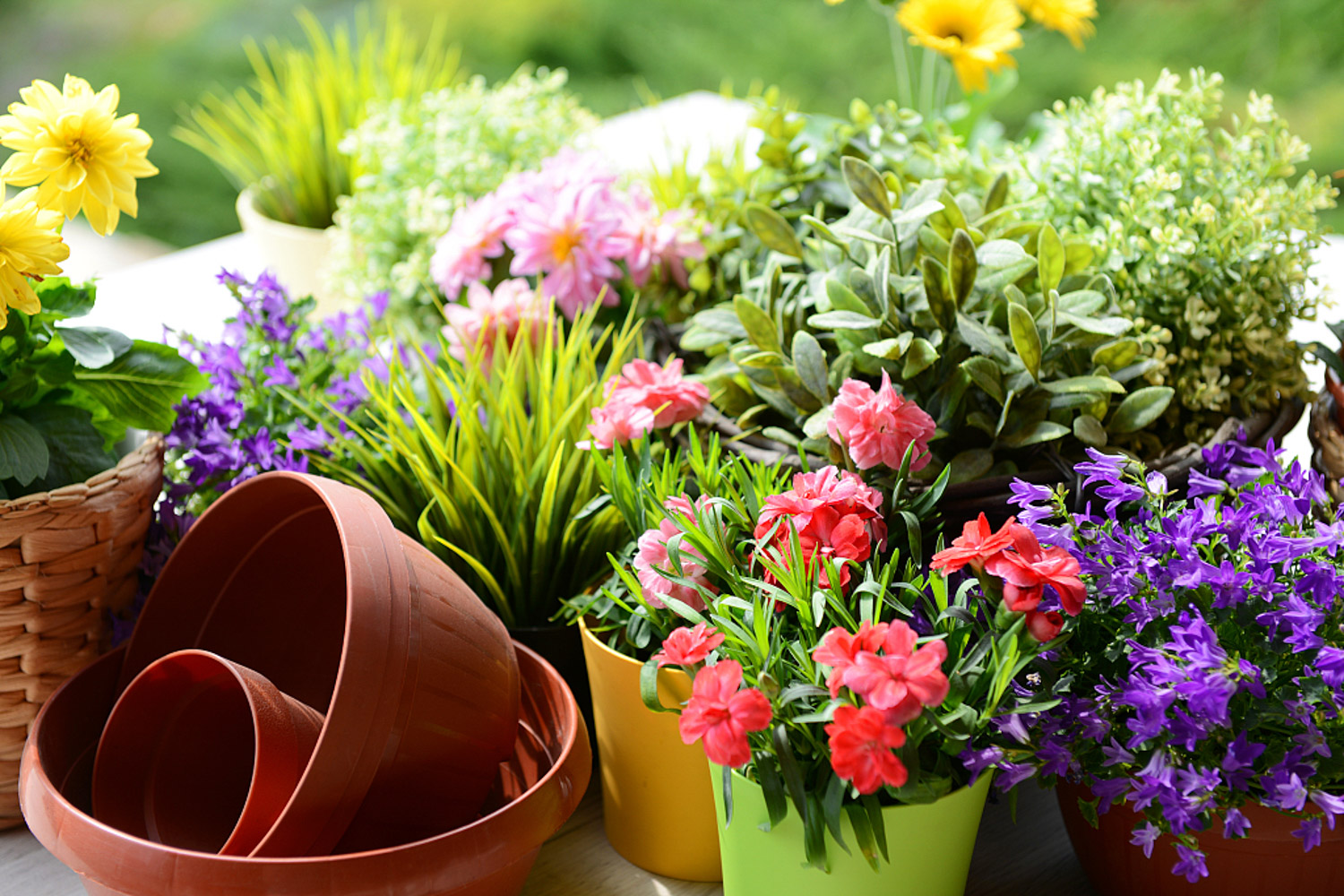
(1) Prepare the leftover milk box
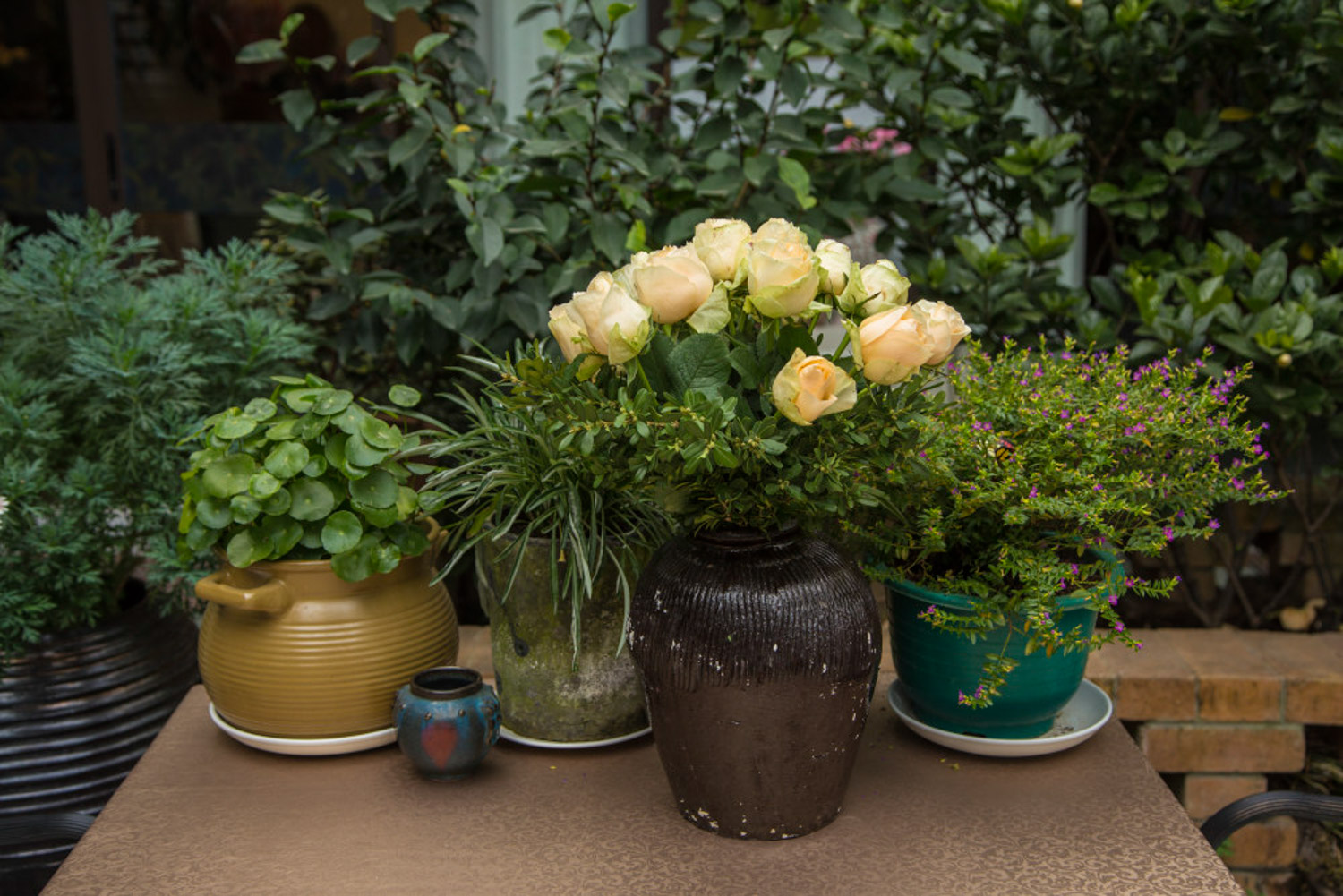
(2) Draw the desired shape on the surface of the milk box, and then cut it down along the mark with scissors. Wash the milk stains inside and dry them
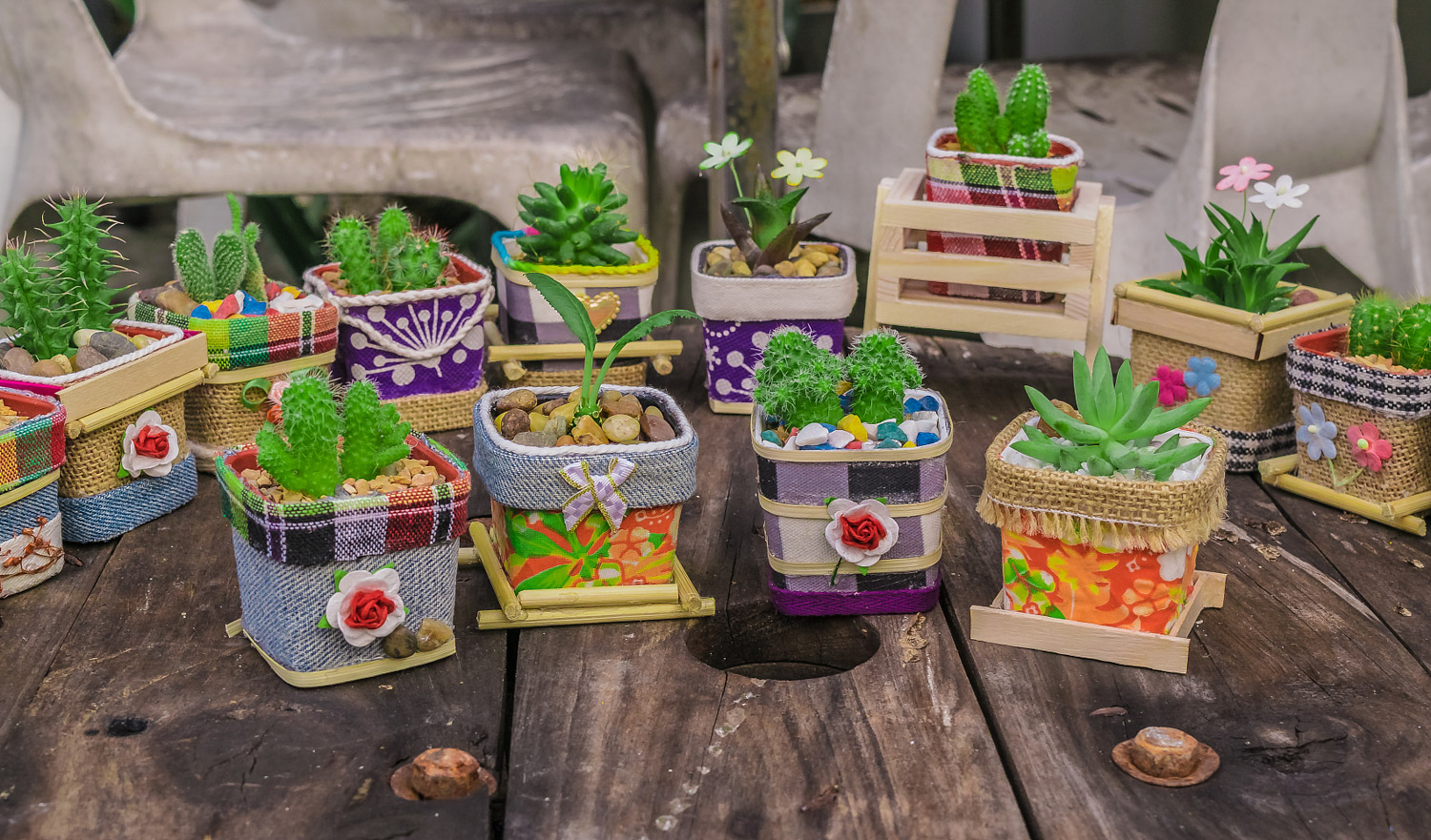
(3) It can be used as a small box and a hole at the bottom of the planter box. If you don't think it's beautiful, you can stick cloth and paint on the milk box
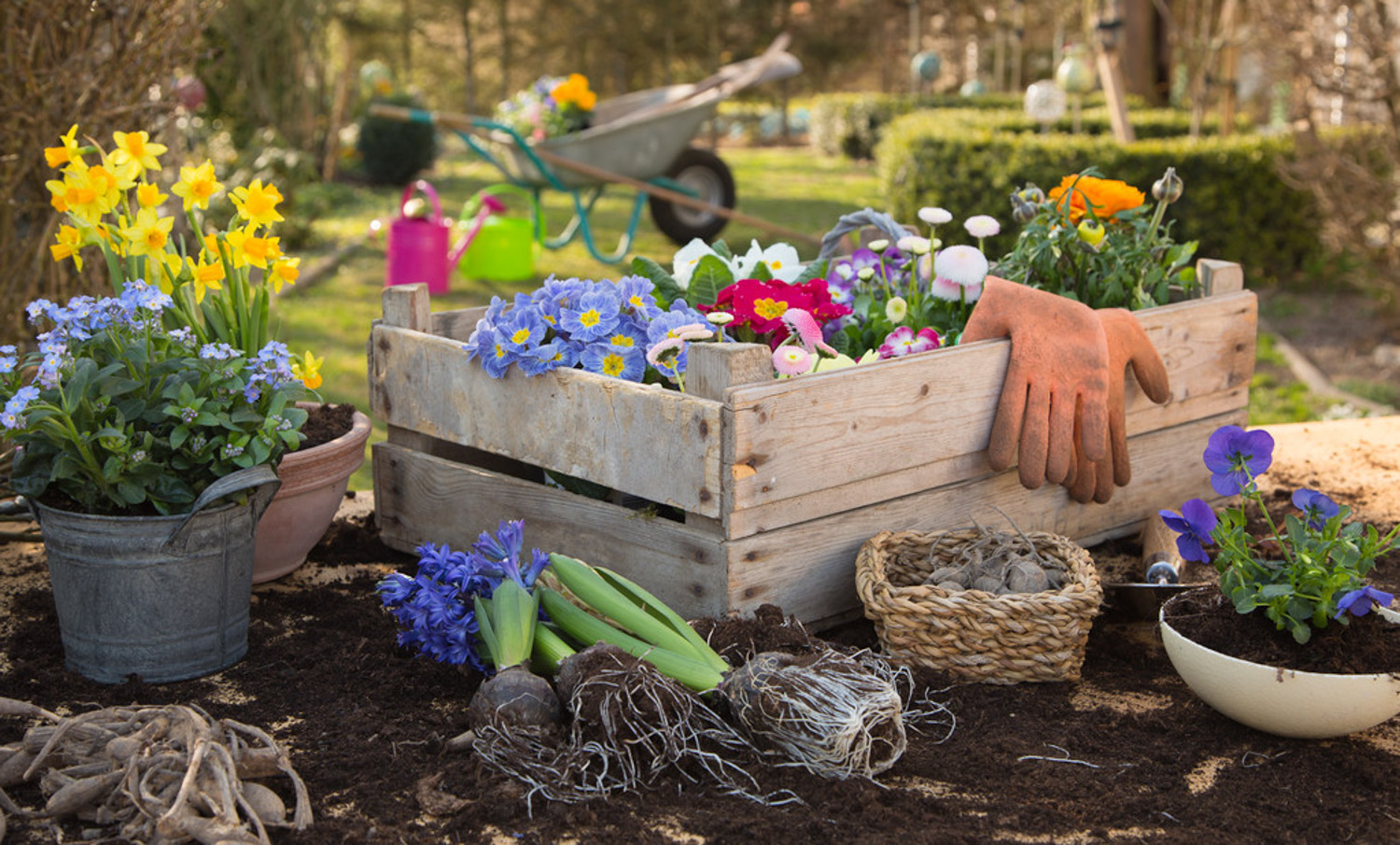
(4) After loading the soil, the beautiful and soft seedling box is ready. This kind of flowerpot is relatively small and is not suitable for raising large flowers and plants. It is recommended to be used for sowing and cutting
In this way, when the flowers and plants grow up, the milk box can be cut off directly, and the seedlings and soil lumps can be put into the large flowerpot together, which can improve the success rate of putting on the pot and reduce the time of serving the pot
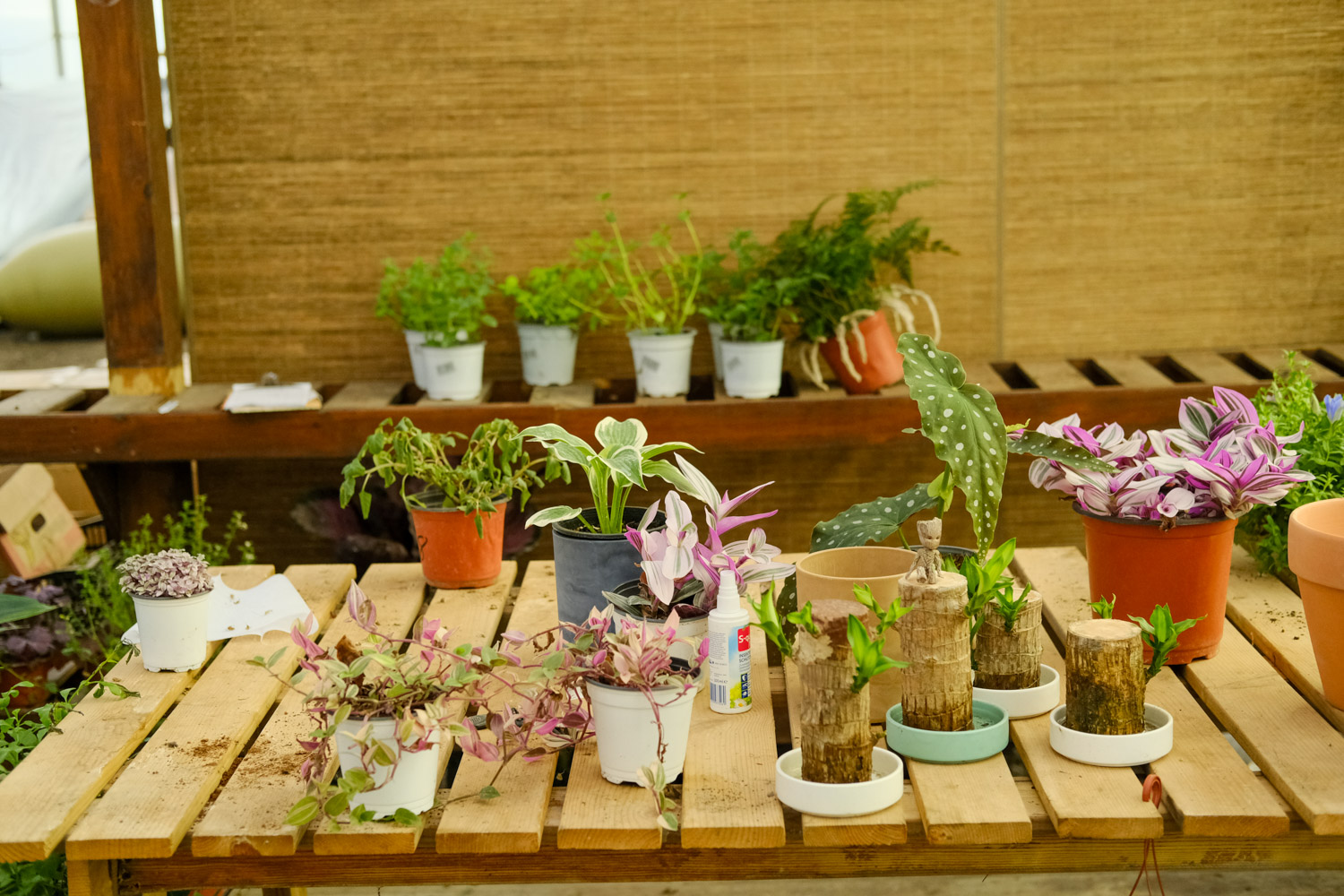
2. Cut out the washing liquid from the flowerpot:
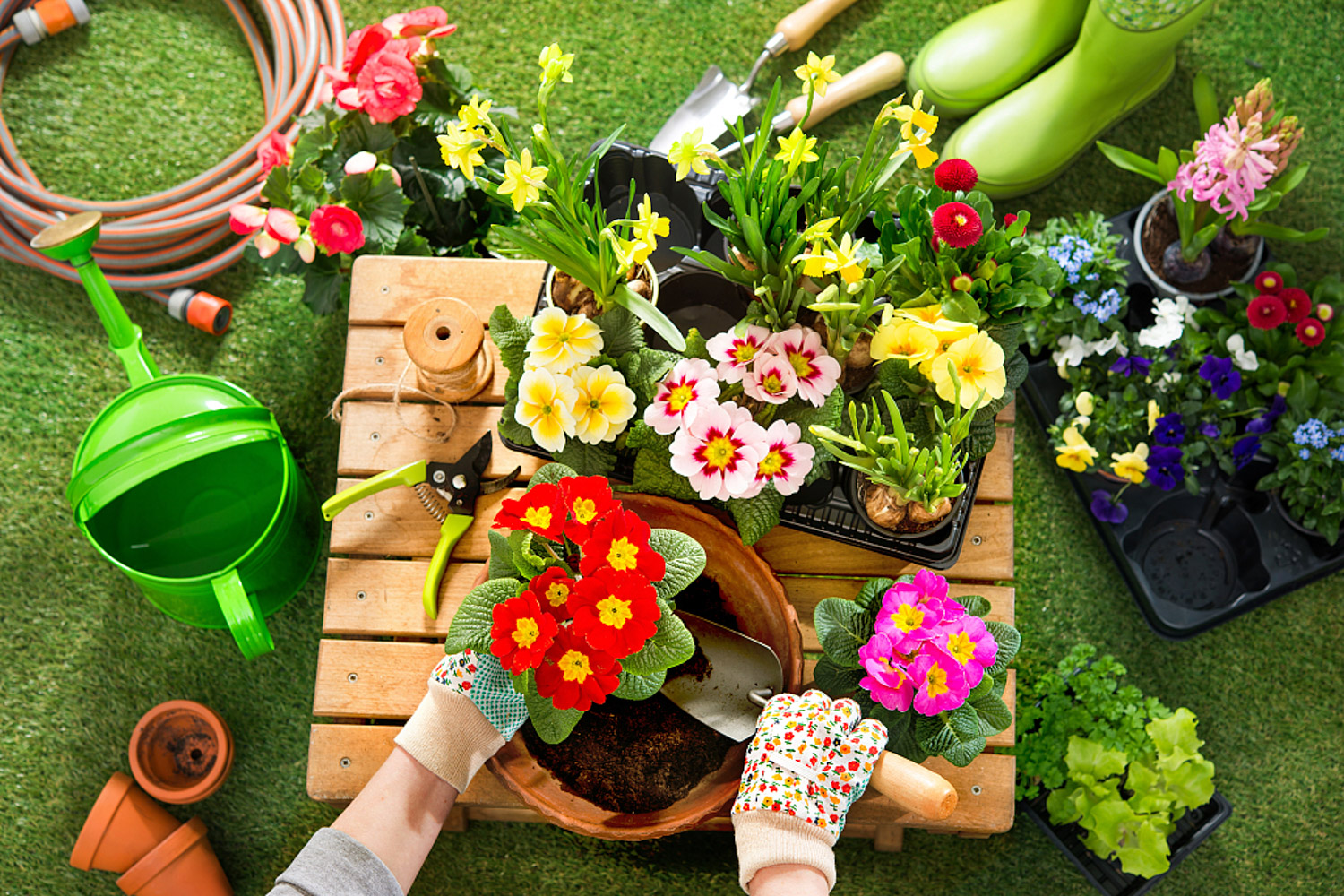
(1) Prepare the used detergent bottle, wash and dry it
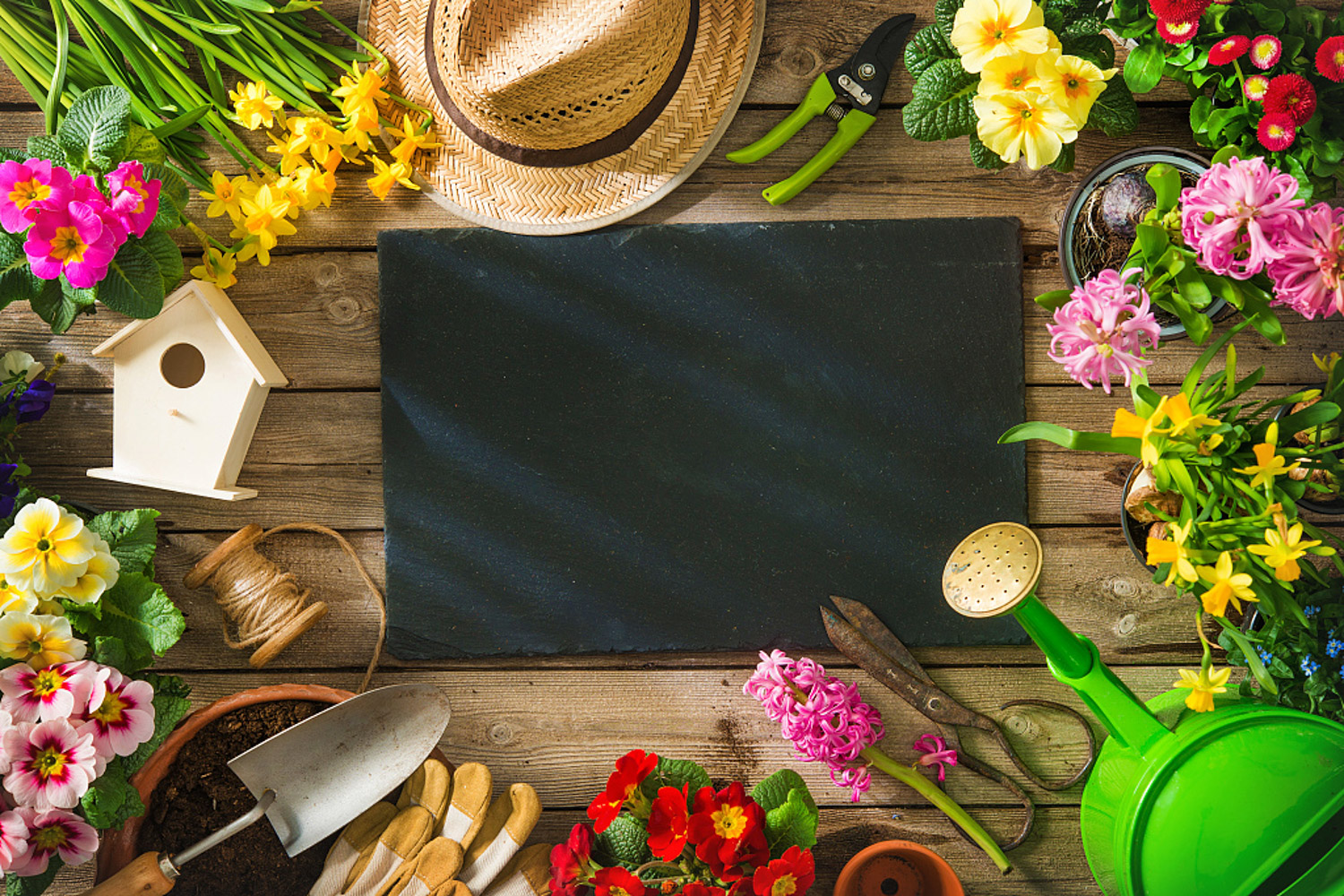
(2) According to personal preference, draw the shape to be cut out on the outside of the bottle with a pen
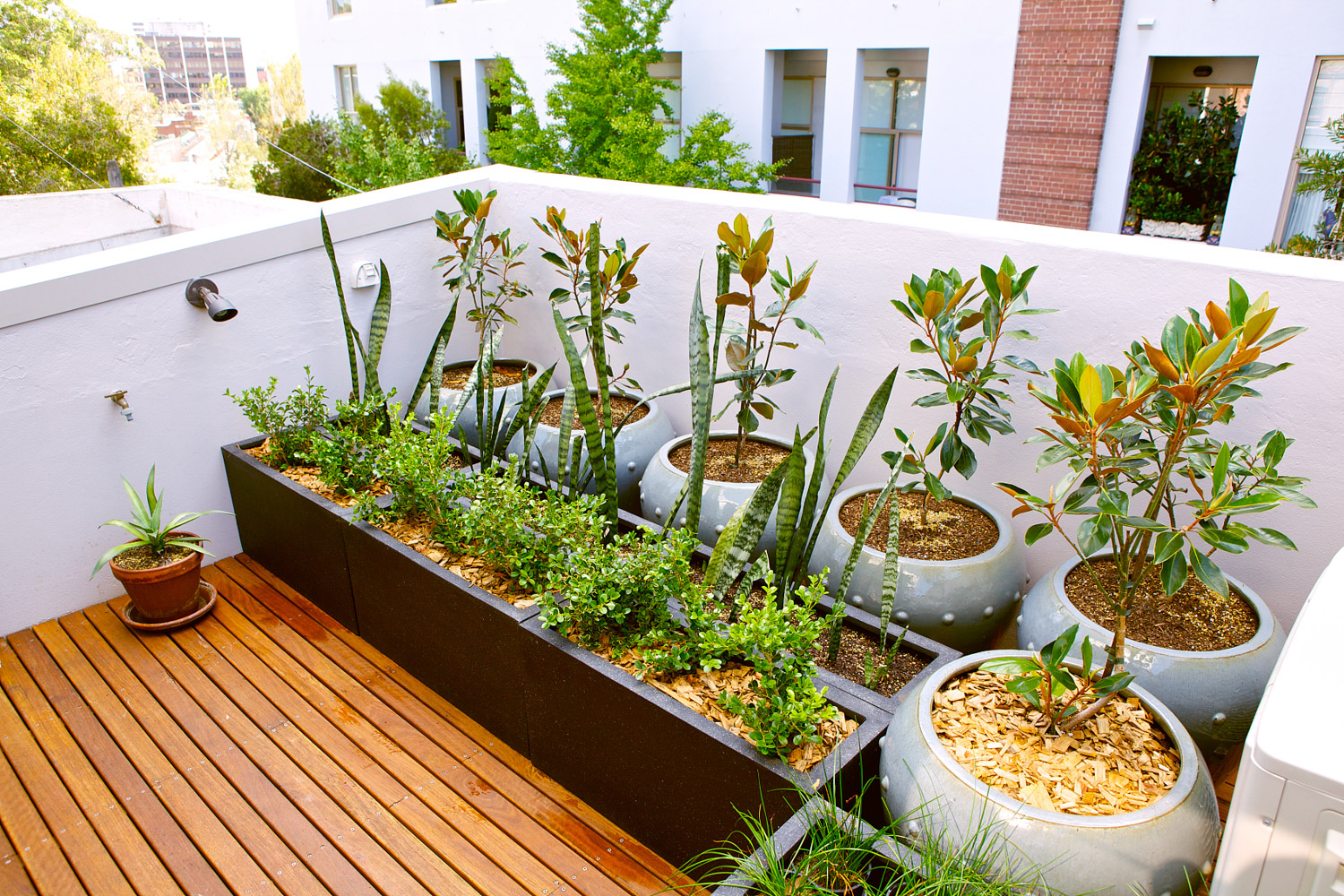
(3) Cut off the excess with scissors and you can make a beautiful flowerpot
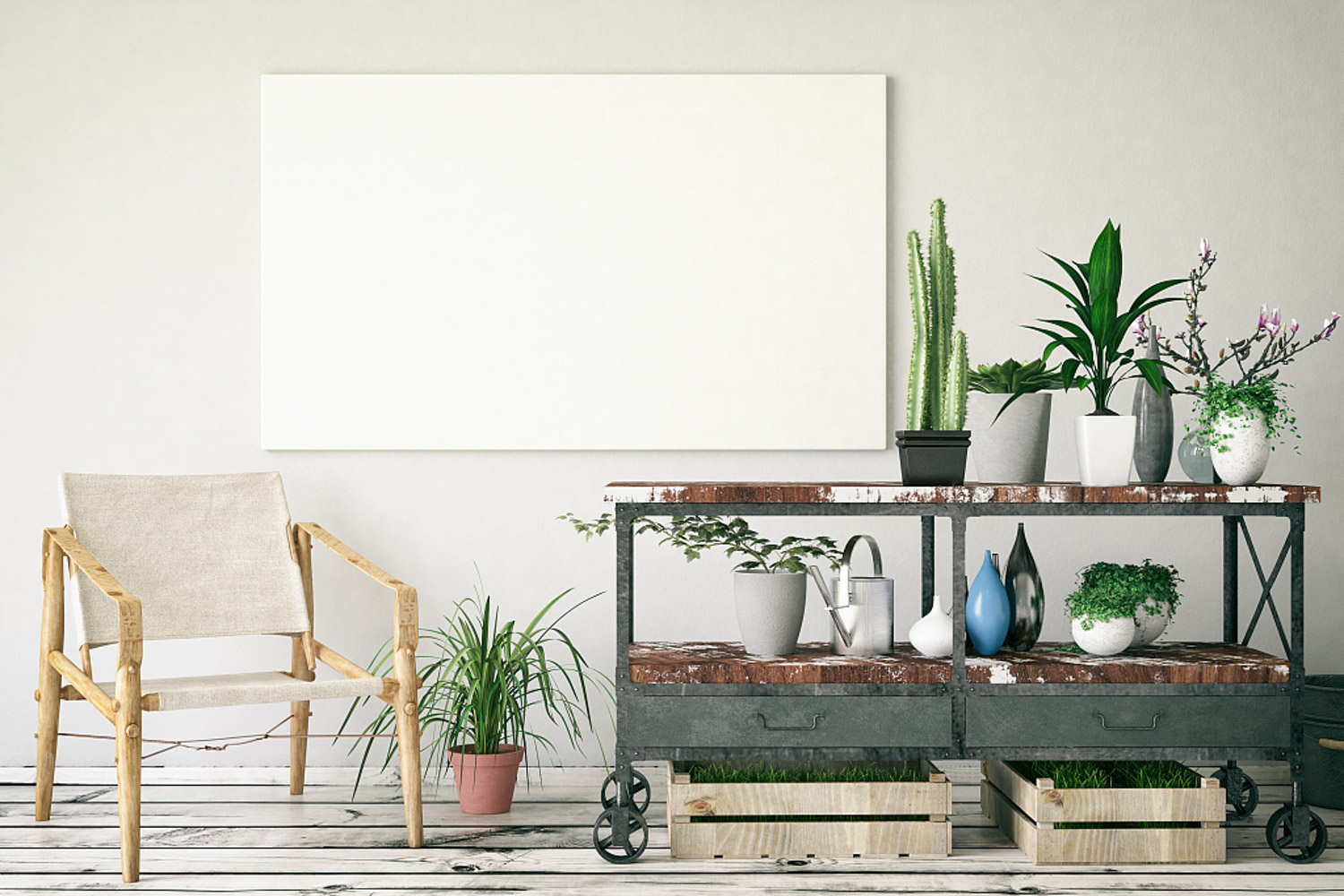
(4) If you want to make the flowerpot more beautiful, you can paint the surface of the flowerpot
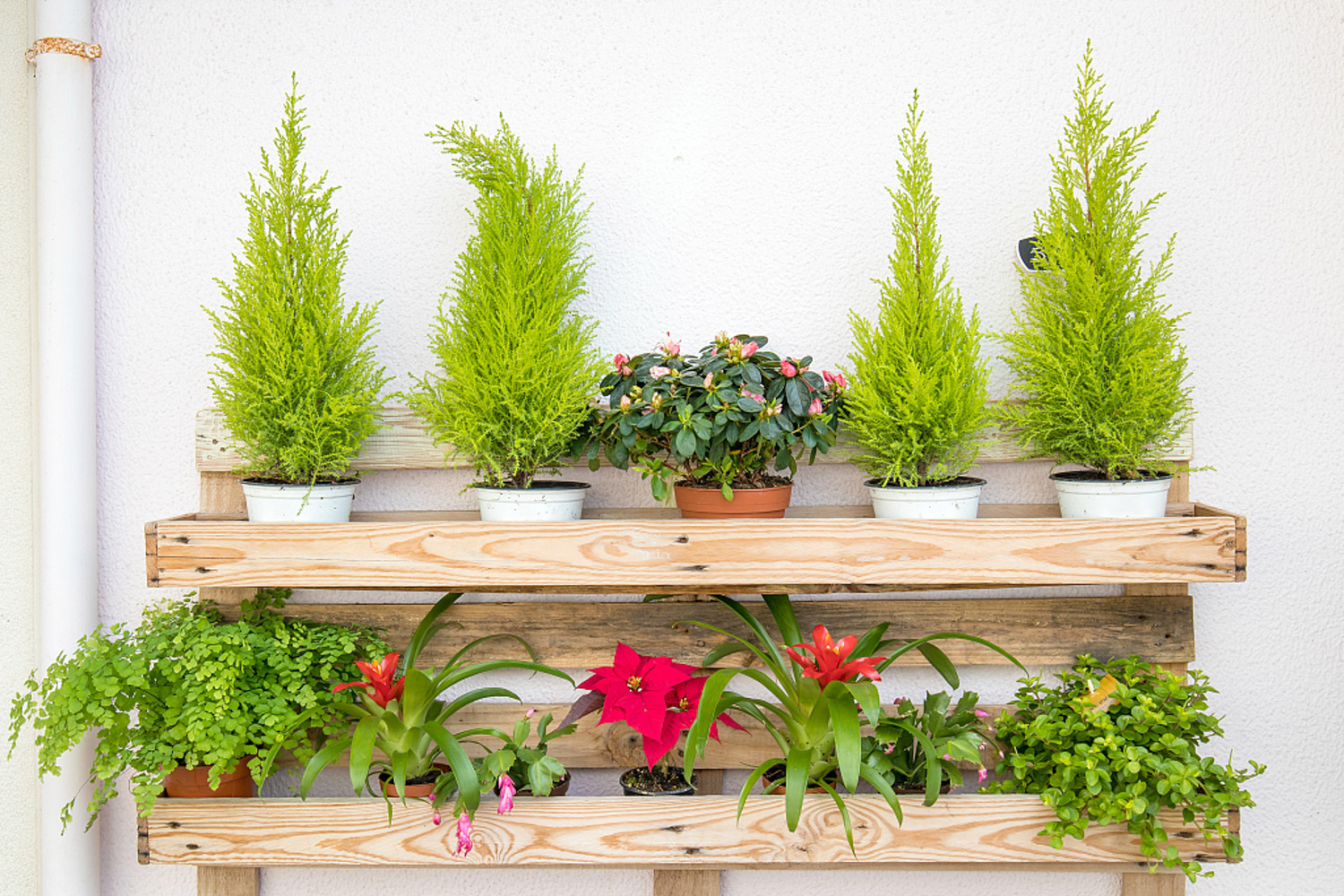
(5) You can also use electric soldering iron and other tools for hollowing out and carving, but pay attention to safety
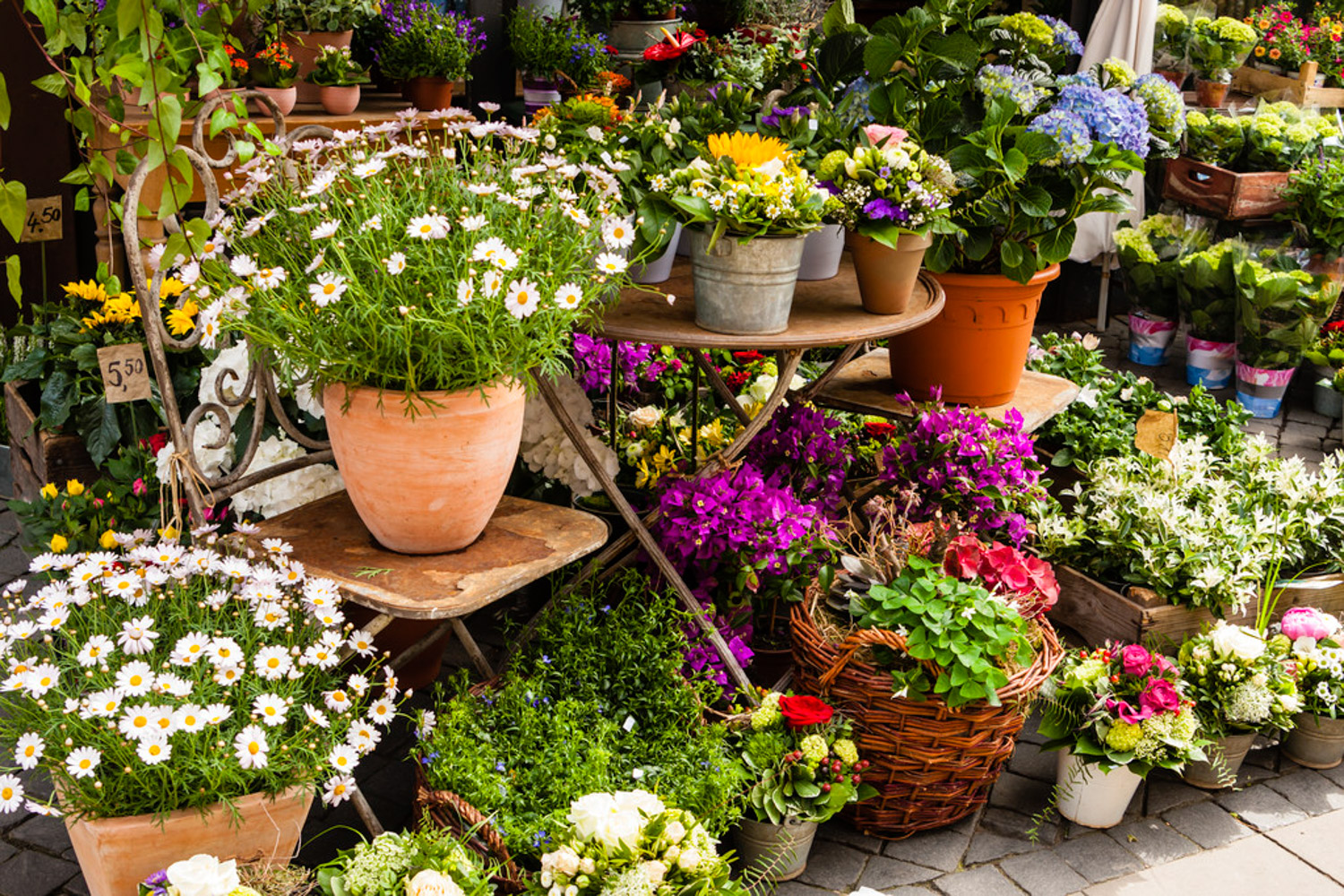
3. Make a small flowerpot with a yogurt box:
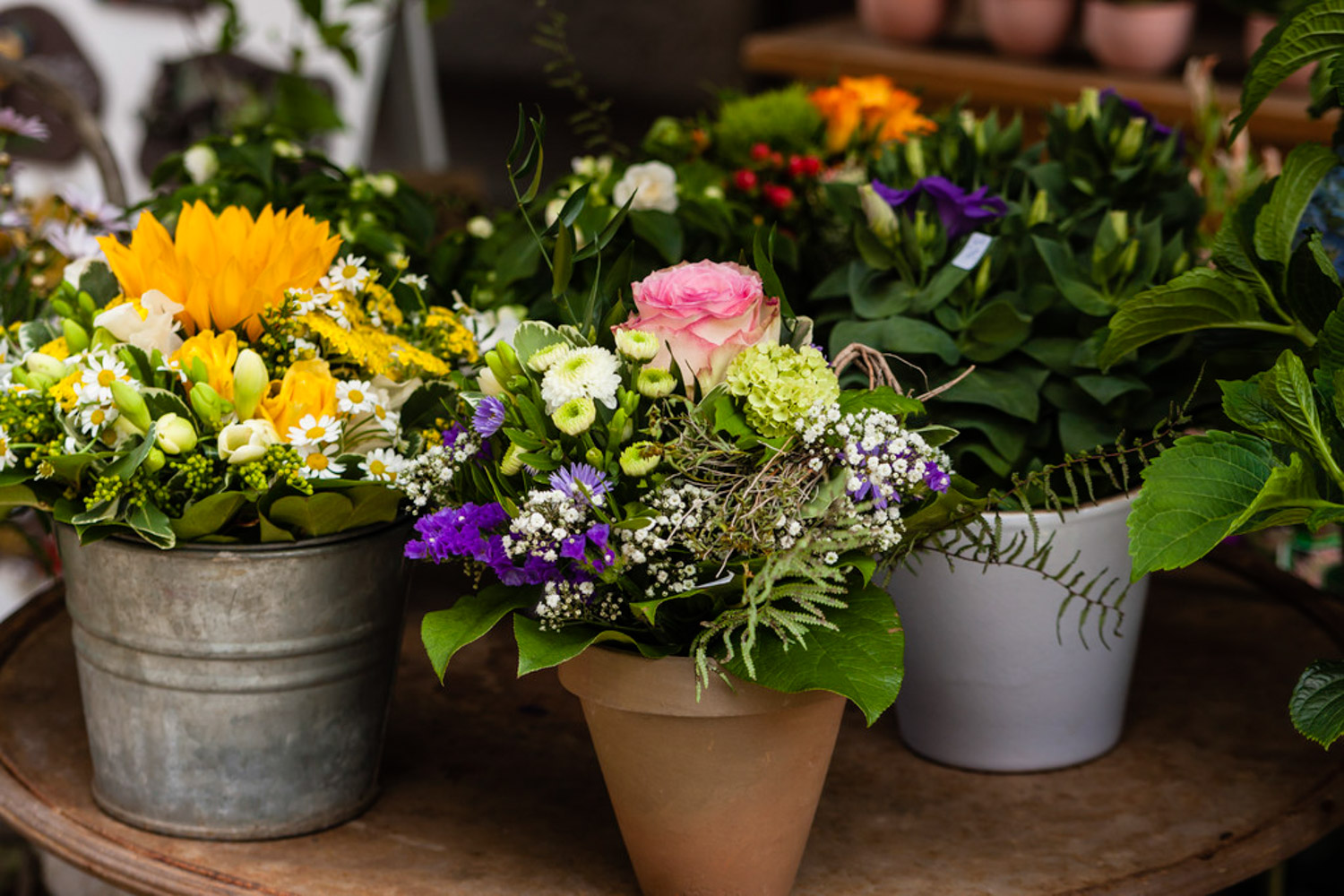
(1) Wash the yogurt box and tear off the outer package

(2) Drill a small hole at the bottom of the yogurt box as a water hole
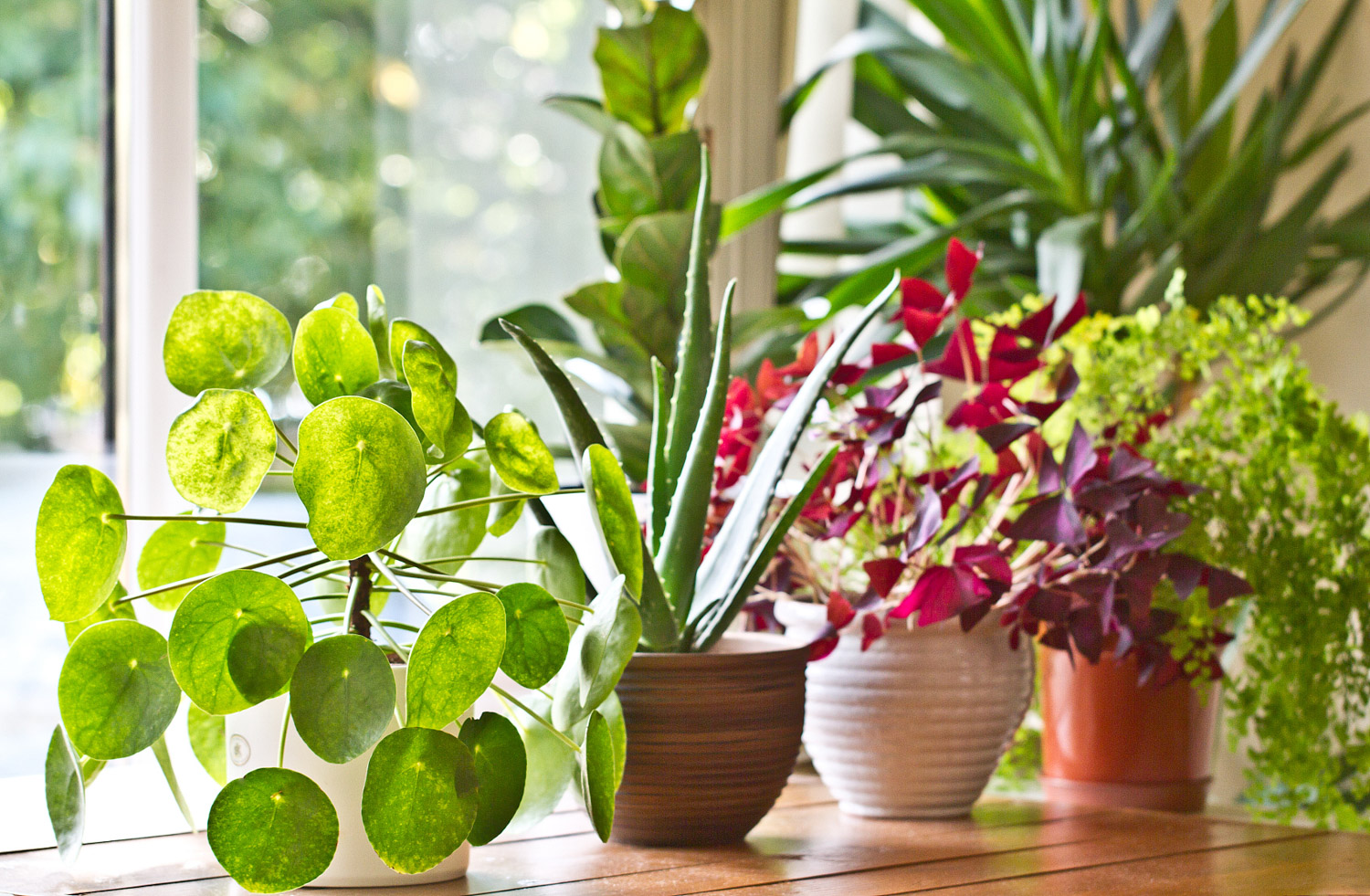
(3) After filling with soil, it can be used as a small flowerpot or seedling box, but for beauty, flower friends can paint or stick rope on the outside of the yogurt box
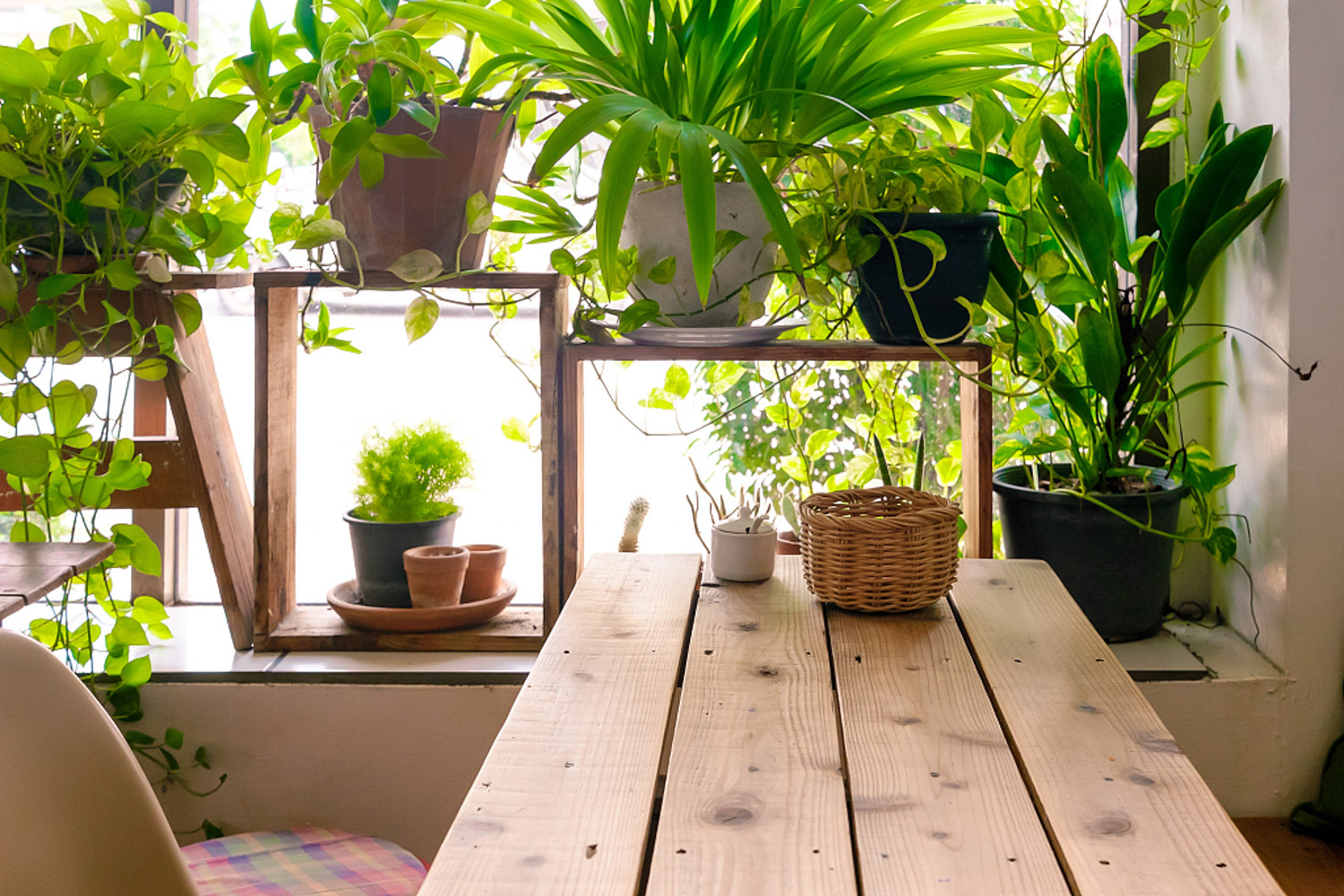
4. Make flowerpots from beverage bottles
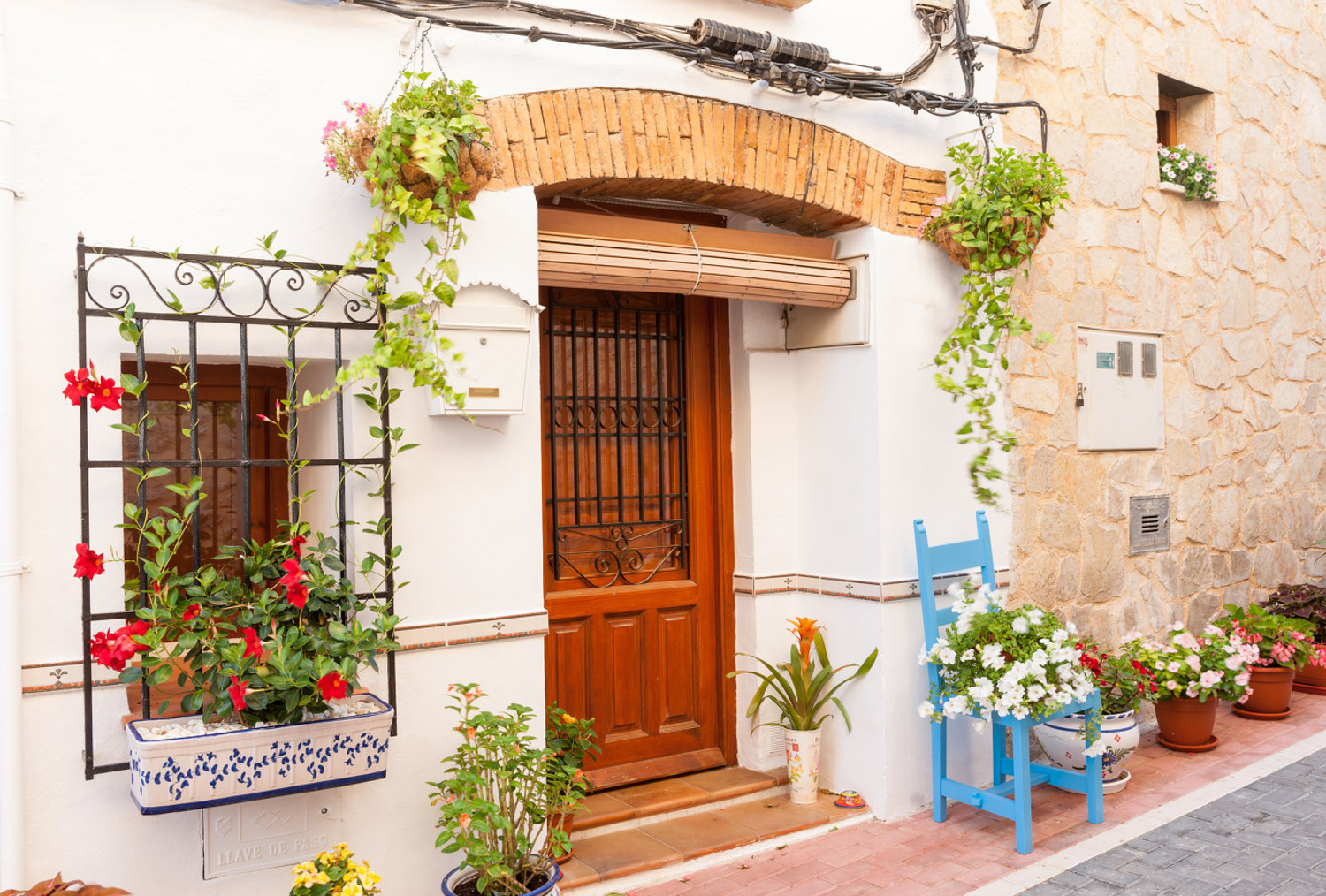
(1) Prepare a large coke bottle
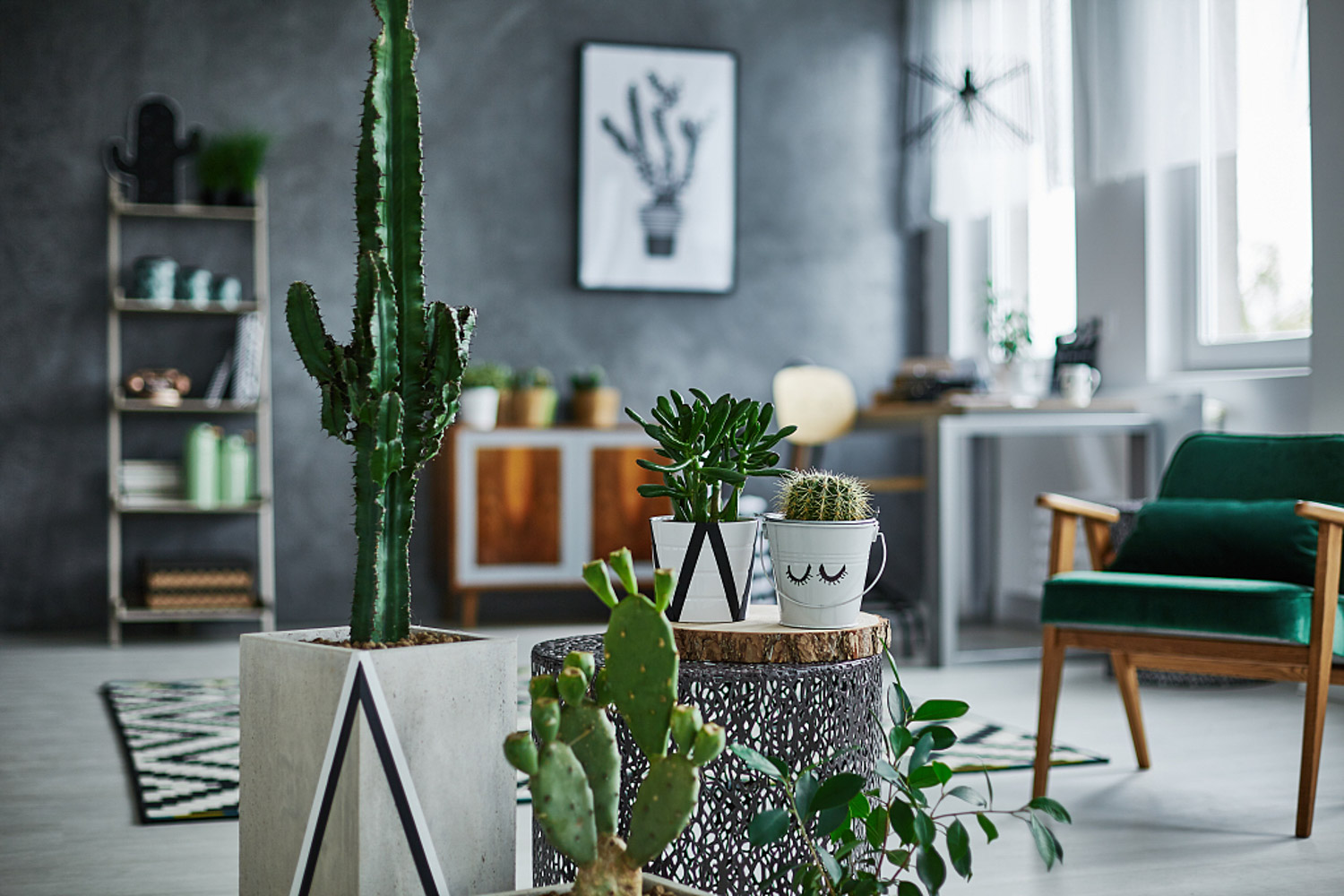
(2) Cut the middle with scissors. You can first draw the shape you want to cut with a mark pen and cut it according to the trace of the pen. It will be much more beautiful
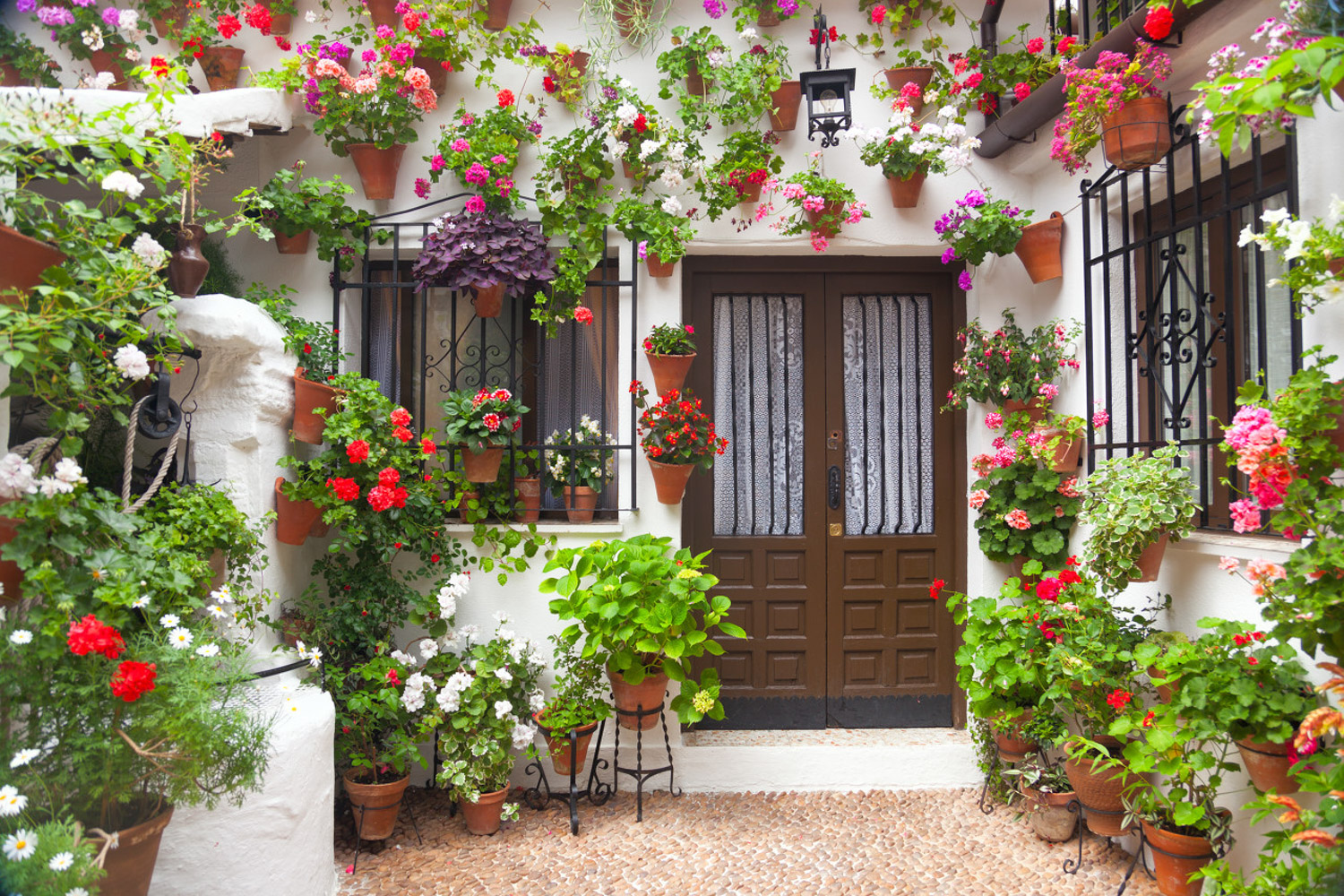
(3) Paint or draw a pattern on the lower part of the coke bottle, and drill a small hole at the bottom to make a permeable hole, which is a beautiful flowerpot
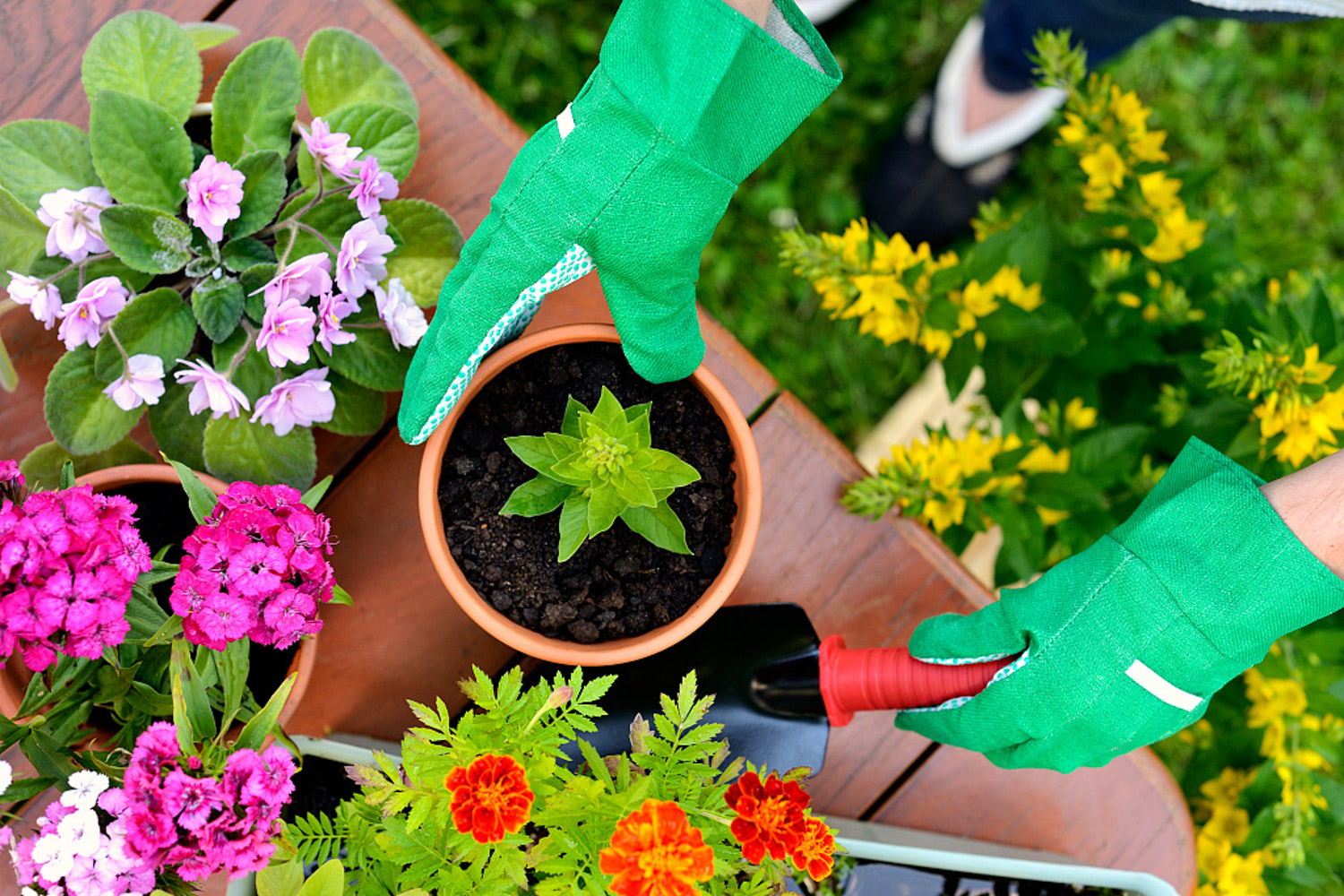
(4) Don't throw away the top half of the coke bottle. Find a waste CD
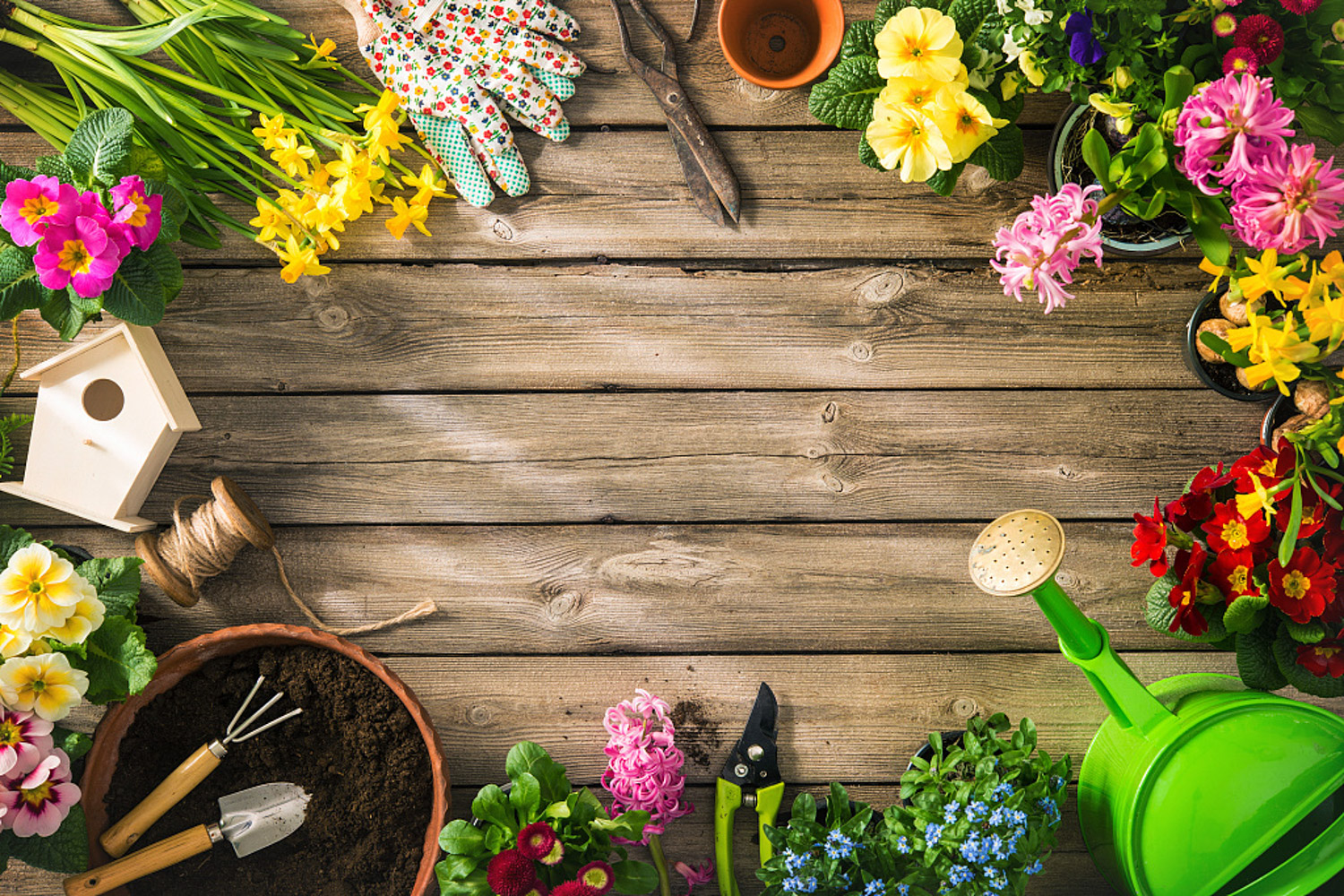
(5) Stick the upper part of the coke bottle on the CD, and after fixing, you can spray paint or paint on the surface, which can make a beautiful wine cup-shaped flower pot
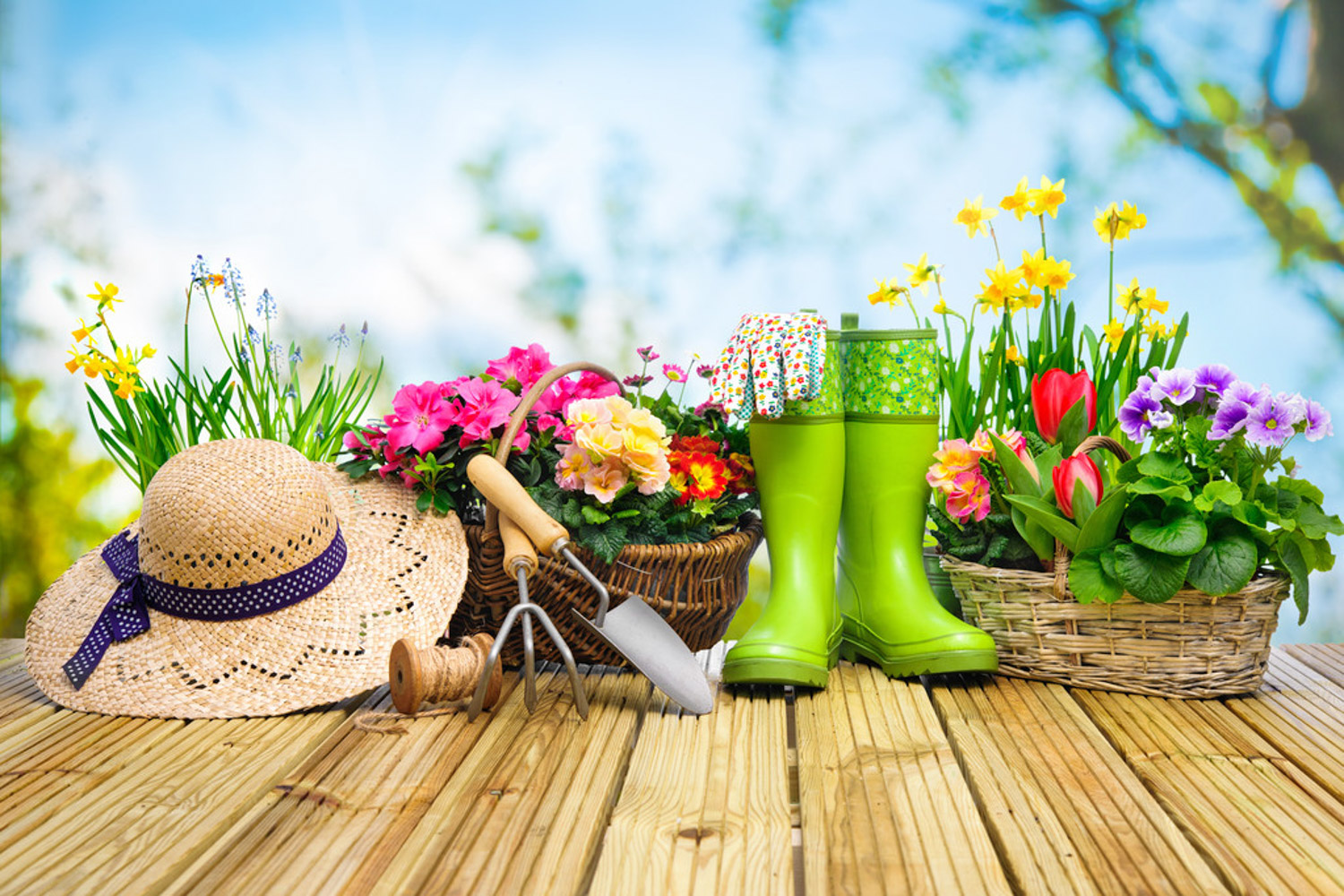
No more flowers
1. Soil insertion
(1) On the healthy fortune tree, select about 10cm branches and cut them off with scissors

(2) Remove the leaves from the branches and leave only 3-4 leaves

(3) Prepare clean and loose soil, spray carbendazim for disinfection, and then water thoroughly

(4) Apply some carbendazim to the wound of the branch of fortune tree, dry it in the shade and insert it into the prepared soil

(5) Put the flowerpot in a well ventilated environment without direct sunlight. In about 25 days, the branches of the fortune tree will take root and grow into a new fortune tree

2. Water plug
(1) Select healthy branches on Gardenia and cut them with scissors. The branches are best after flowering, so the success rate of cutting is high

(2) Soak the branches in potassium permanganate solution for half an hour and dry them in a cool and ventilated place after disinfection

(3) Prepare the plastic bottle and cut it open with scissors

(4) Add water to the plastic bottle and put the branches in. The roots should be immersed in water. If the branches are not long enough, they can be fixed with foam board. p>

(5) Close the bottle, glue it with adhesive tape and put it in a cool and ventilated place

(6) This method improves the environmental humidity of cutting, and gardenia is easy to grow roots

3 from now on, you don't have to buy flower fertilizer
1. Cut the peel to make flower fertilizer
(1) Prepare leftover fruit peel, watermelon peel, banana peel, grape peel, apple peel, etc

(2) Cut the peel with scissors, the more broken the better

(3) Put the peel in a transparent bottle, add water, stir evenly and seal well

(4) It can be fermented successfully in about a month under the sun. When in use, take out the liquid in the bottle, dilute it with water according to the ratio of 1:1000, and then water the flowers. It is a very effective organic liquid fertilizer

(5) You can also mix the chopped peel directly in the pastoral soil, water it thoroughly, cover it with a plastic bag and put it in the sun< span>
Stir once every half a month. It can be made into fertile humus in about three months. It is much easier to use for planting flowers than buying soil

4. Battle to save flowers and plants
1. Save yellow leaves:
(1) When Chlorophytum has dry sharp yellow leaves, the damaged leaves must be cut off, otherwise it will only consume plant nutrition in vain

(2) If there are large areas of yellow leaves or wilting, all the leaves of Chlorophytum can be cut off to ensure that there is no problem with the root

(3) Put the Chlorophytum pot with only the root in a cool and ventilated place. Pay attention not to sprinkle water on the wound of Chlorophytum when watering

(4) Chlorophytum will germinate again soon. After accumulating nutrients, the heavy Chlorophytum leaves are crisp and green

2. Save rotten roots:
(1) If Gardenia wilts for a long time and yellow leaves fall, gently remove the soil to check the root system. If there is rotten root, it should be saved in time

(2) Remove the Gardenia from the basin and clean up the soil at the root

(3) Cut off the rotten roots with sterilized scissors, and be sure to cut them off completely

(4) Soak the intact roots in carbendazim solution for half an hour for disinfection, dry them and put them in the basin again

(5) Gardenia should be placed in a cool and ventilated place after being placed in the basin. It can be cured normally after a period of time

3. Compound flower after flower
(1) Many flowers and plants after flowering can be cut with scissors and produce beautiful flowers in a few days

(2) After the flowers wilt, choose the lower part of two or three leaves under the flowers and cut them off with scissors

(3) After pruning, water the rose with fishy water (the water left after washing fish). About ten days later, the rose will bloom again


 how many times do yo...
how many times do yo... how many planted tre...
how many planted tre... how many pine trees ...
how many pine trees ... how many pecan trees...
how many pecan trees... how many plants comp...
how many plants comp... how many plants can ...
how many plants can ... how many plants and ...
how many plants and ... how many pepper plan...
how many pepper plan...



























